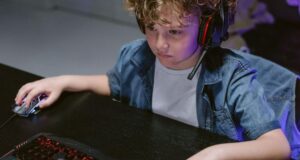Gaming Addiction in South Korea: A National Crisis?
When it comes to gaming South Korea dominates the Esports scene. Having multiple world titles across numerous games such as League of Legends, Overwatch and Starcraft the Korean players are by far the best in the world at what they do. However, with this level of dedication to gaming, the lines between practice and obsession become blurred. In this article, we are going to break down South Korea’s relationship with gaming addiction.
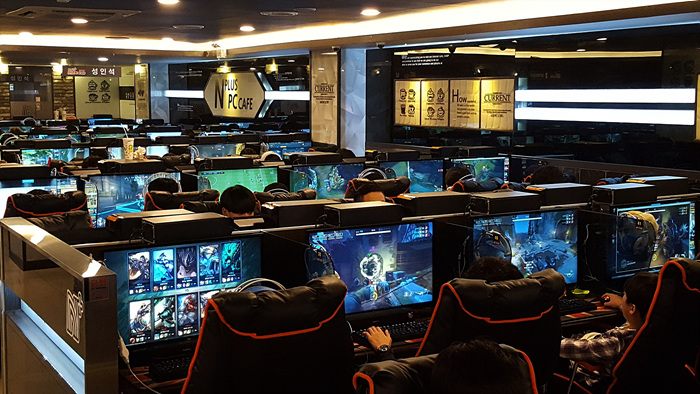
Content
Why is Gaming so Popular in South Korea?
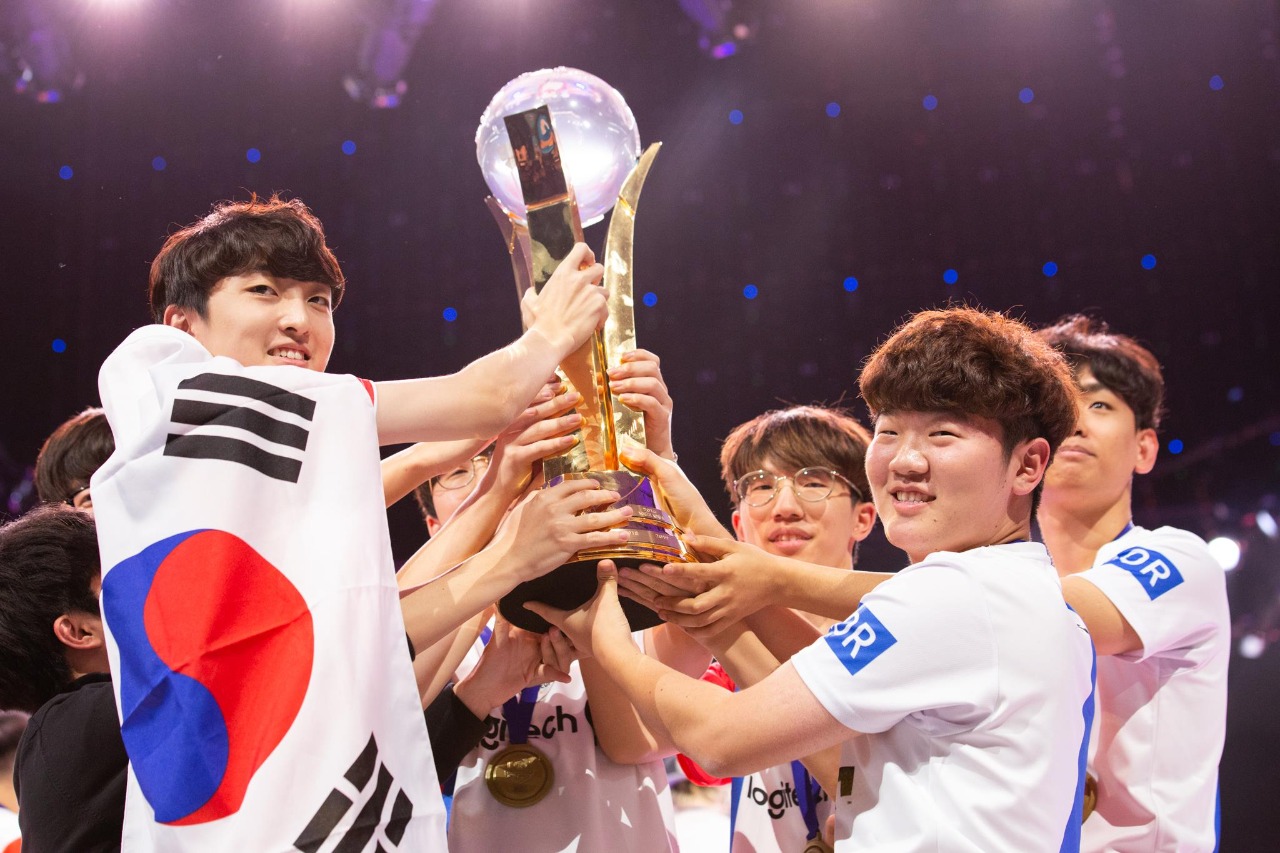
Although gaming is seen as a fun pastime for most. The implications of excessive gaming in South Korea can be of a somewhat sinister origin. Many of the locals claim that video games are so popular due to socioeconomic inequality. In order to enter into higher education in South Korea, students must pass a notoriously difficult nationalised 8-hour entrance exam. Consisting of back to back papers including Maths, English, Korean, History, Social studies and a second foreign language. Children from working-class backgrounds are at a significant disadvantage not being able to afford tuition and entrance fees to this seemingly possible exam, so many ignore the prospect of higher education altogether. The predicament the country is left with is large numbers of adolescents with limited education and all the time in the world to kill.
Gaming/Internet Cafes in South Korea also known as PC Bangs are where most of the youth turn to. PC Bangs typically charge as little as $1 an hour for gamers to play their favourite video games. Hence young hungry students spend most of their time playing video games for hours on end. Sadly their escapism due to this difficult situation is a major cause of video game addiction in South Korea.
For young gamers in South Korea, the silver lining in all of this is largely attributed to Esports. Many of the most successful Esports teams pay their player’s good salaries of up to $48,000 dollars a year. Not including the money available to earn through tournament prizes and content creation such as streaming. Players at the top of their game become celebrities in their own right. A recent partnership between Esports team G2 and Ralph Lauren launched an advert campaign featuring League of Legends player Martin ‘Rekkles’ Larsson among some of the globe’s biggest athletes! It’s clearer that given the circumstances these teenagers are put in they consider gaming as a legitimate route away from poverty. Their hunger for success and a better life is reflected in their performance within the gaming community. Their relationship with gaming has been likened to young Dominican kids dedicating their lives to baseball in the hopes to make it into the Major Leagues.
Unfortunately, not everyone can become an Esports pro or successful content creator. The sad reality for most is often being left with an unprofitable and unhealthy addiction to video games.
Effects of PC Bangs on Video Game Addiction
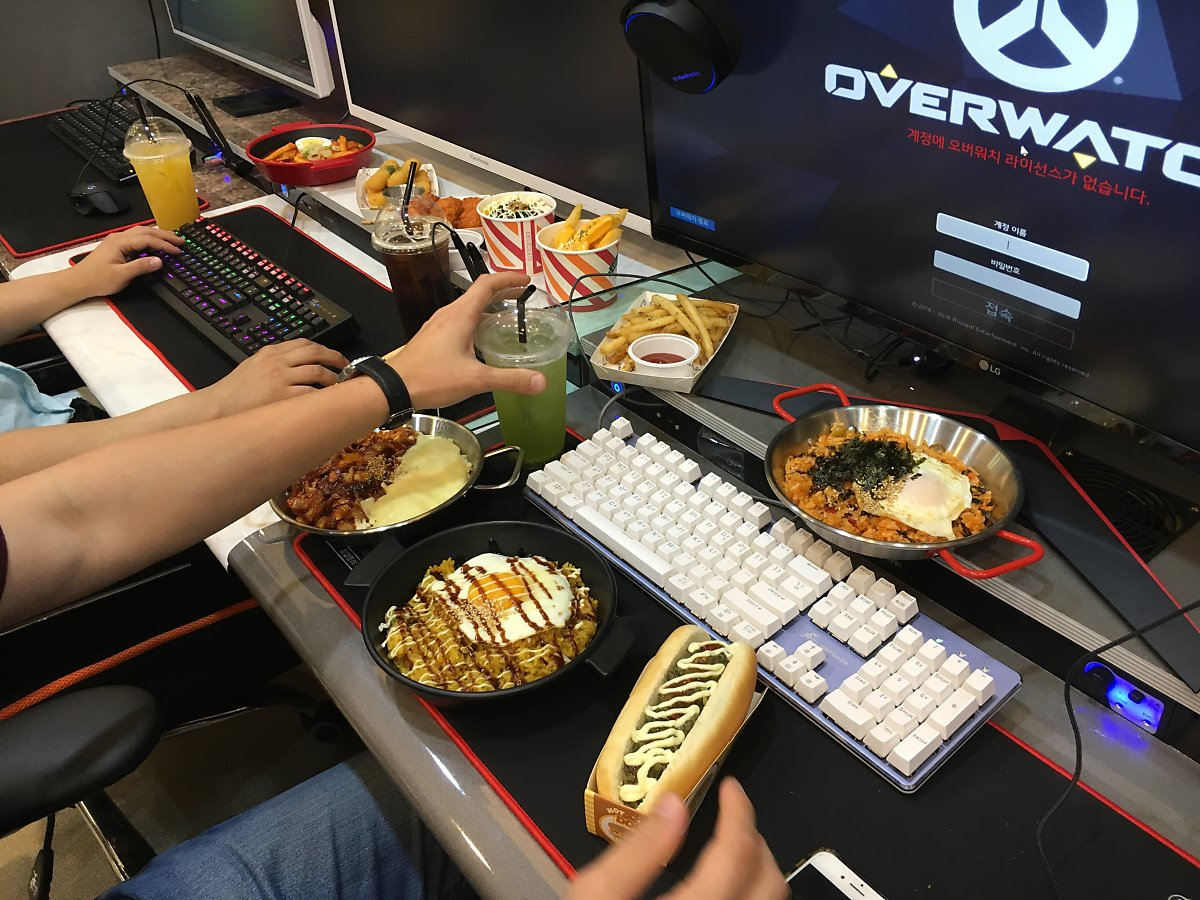
The presence of these PC Bangs in the modern gaming culture of South Korea has been strongly linked to an increase in video game addiction. The aforementioned cheap rates and also being open for 24 hours often leads to many gamers overstaying their welcome. Players game around the clock only taking breaks to use the toilet or get a quick snack before getting back into it. Owners of PC Bangs explain that “Some customers that stay for too long, I’m sorry to say, they get smelly” Which usually leads to other customers complaining and having them thrown out. As funny as this situation might appear on the surface, having regular customers neglecting their personal health and hygiene in order to continue gaming is a major symptom of video game addiction.
But this isn’t the only issue that PC Bangs complain about. Employees explain that they have seen many customers seek professional help as their studies and personal relationships become seriously damaged as a result of their gaming addiction.
Gaming Addiction Recognised as a Disorder by South Korean Government
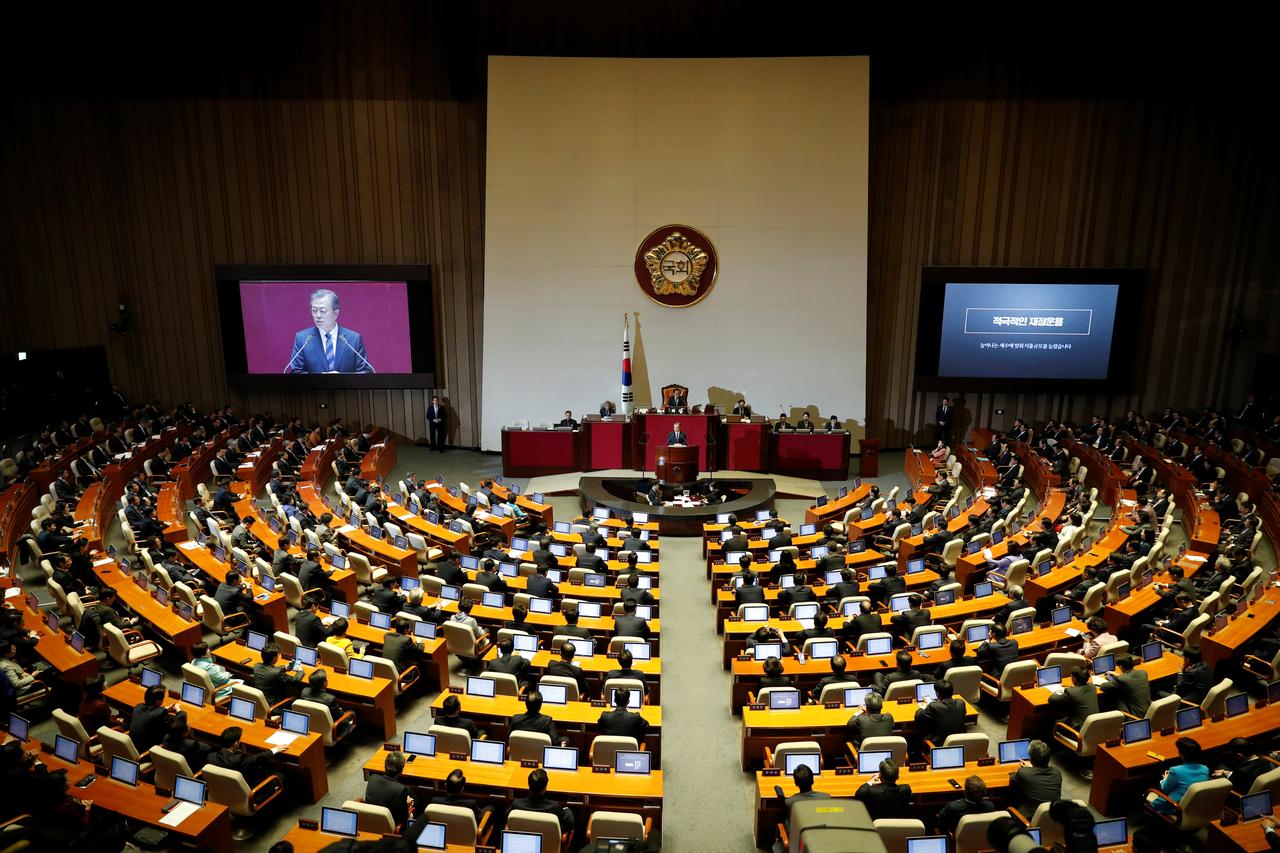
Authorities in the South Korean government recognise that the country has a problem. With 20% of the population at risk of developing video game addiction, 10 million residents are far too many to ignore. With the data bringing so much alarm South Korea is moving in the same direction as many other countries. After the World Health Organisation (WHO) recognised video game addiction as an official disorder (Internet gaming disorder) the South Korean government plans to include video game addiction into the Korean Standard Classification of Diseases (KCD) making it an official disease in Korea as of January 1st 2025.
With this being such a big controversial issue many of the relevant ministries within the South Korean government must consult before a final decision is made.
Video game addiction being introduced as a disease has far-reaching effects across South Korea. Individuals claim that it can begin to cause a tax on video games similar to tobacco based on the risk of getting ill. Furthermore, video game industries have banded together to criticise the latest considerations of the Korean government. Companies such as NCSoft Corp stated that “Games are our friend and a sound recreation culture.” They later went on to say that “On the basis of video games being considered a disease people will be able to take sick leave from work. It is nonsense that gaming is added into the disease code list”
It’s clear that the agenda of the gaming industry in these countries is to remove gaming from the WHO criteria for disorder and the KCD classification of disease. They are estimated to lose up to $9.58 billion 3 years post passing of these decisions.
Digital Detox in South Korea
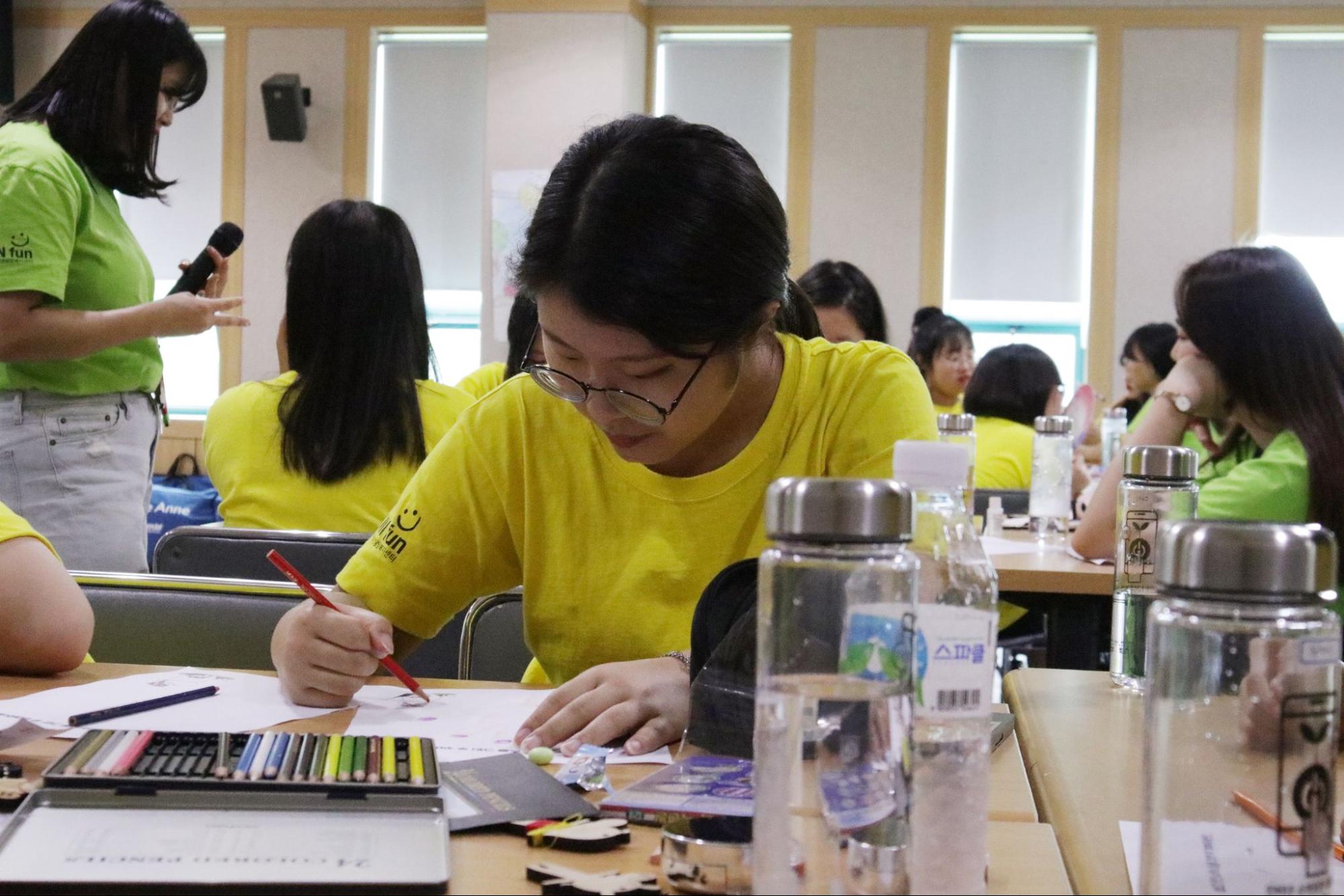
The South Korean government has increased funding and resources in treating those with mental health problems. Under this umbrella falls gaming addiction. The country has opened regional educational offices that offer counselling, screening surveys, preventative measures and video game addiction help for those who need it.
These digital detox centres are youth camps that target young individuals referred by parents or teachers. One of the main camps, the National Center for Youth Internet Addiction Treatment, seizes all of the technology of children upon arrival only allowing them to use it for small dedicated periods of the day. The remainder of their time is spent developing new hobbies and being shown healthier outlets over a 2-4 week programme.
Camps provide art classes, volunteering opportunities and social activities such as board games. Many of the students in attendance had not engaged with each other in this manner before highlighting a social rift caused by their unhealthy relationship with gaming.Within these camps, boys are more frequently treated for video game addiction whilst girls are commonly addicted to social media.
Many of the students who attend these camps explain how nervous and anxious they were to hand over their mobile phones and devices having never been away from them for extended periods of time. For most, they would use their desired devices for 8 hours at a time. Usually, individuals after a few days realise that they can live without their gaming devices. However, some severely addicted struggle with concentration issues, persistently thinking about their favourite video game and demonstrating physical withdrawal symptoms that require further rehabilitation.
Treatment for video game addiction does not end once the students leave the camp. All institutions reach out and follow up with previous attendees so they can receive consistent counselling throughout different stages of their life when they require it.
What The World Can Learn from South Korea
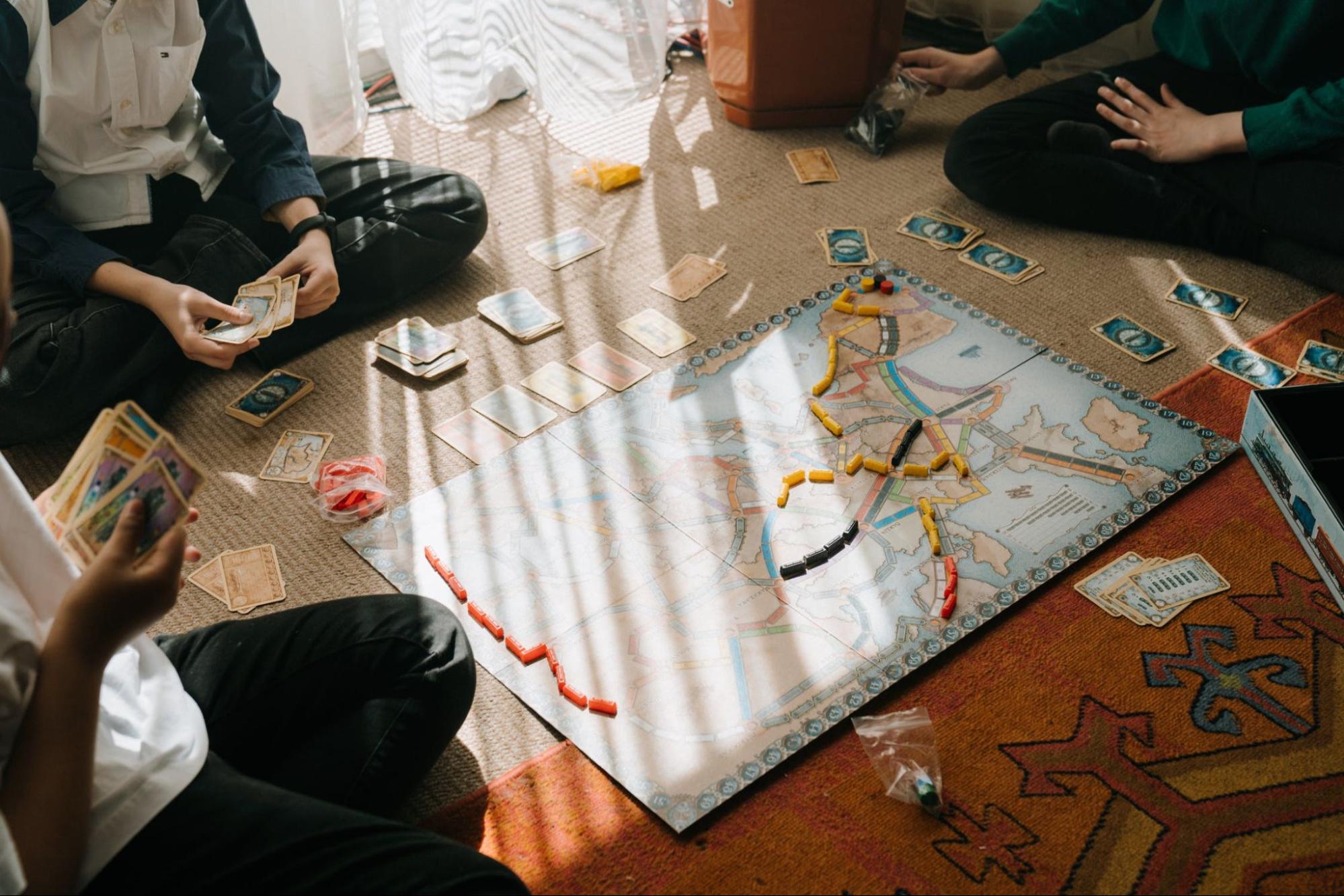
As countries have begun to analyse the data more and more countries are taking the necessary steps to prevent gaming addiction from destroying the lives of their citizens. China has officially banned video games for children under the age of 18 for more than three hours a week. The restriction only allows children to play between the hours of 8-9 pm on Friday to Sunday in efforts to prevent young people from becoming addicted to video games.
Although a drastic measure, many parents in China complain about gaming massively affecting their children’s studies, social skills, physical and mental health. All of which fall into the WHO criteria to diagnose Internet Gaming Disorder.
South Korea’s efforts have done a great job to outline the importance of detoxification from video games. By launching these camps and rehabilitation programmes parents are given a great opportunity to treat their child’s video game addiction before it can develop, having further detrimental impacts on their life.
By detoxing or cutting video games out of the lives of the addicted students, it gives them an opportunity to gain perspective. The idea of life without video games or technology is something they have never experienced so they are understandably anxious about it. However, once they are offered a safe controlled environment rich with diverse opportunities outside of playing video games they quickly realise that they can enjoy life without them.
Finally, it nurtures the idea of finding new healthier hobbies. In many self-help programs for gaming addiction, individuals are encouraged to find new activities to replace the different area’s gaming used to fulfill. The need to see growth, social interaction and relaxation. One of the most valuable things they offer is the chance to develop new passions that can enrich their lives and ambitions, not just treating the negative effects of gaming addiction.
It is important that we stay vigilant to the symptoms of video game addiction and provide people with the help they deserve. If you or anyone of your loved ones wish to cut down on video games The Mindful Gamer is always here to help.








